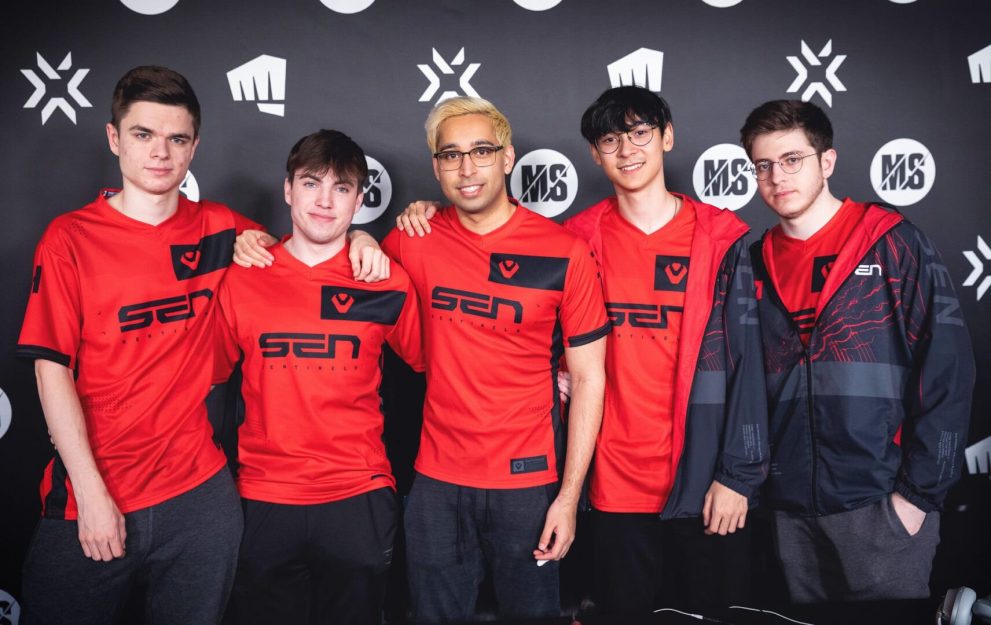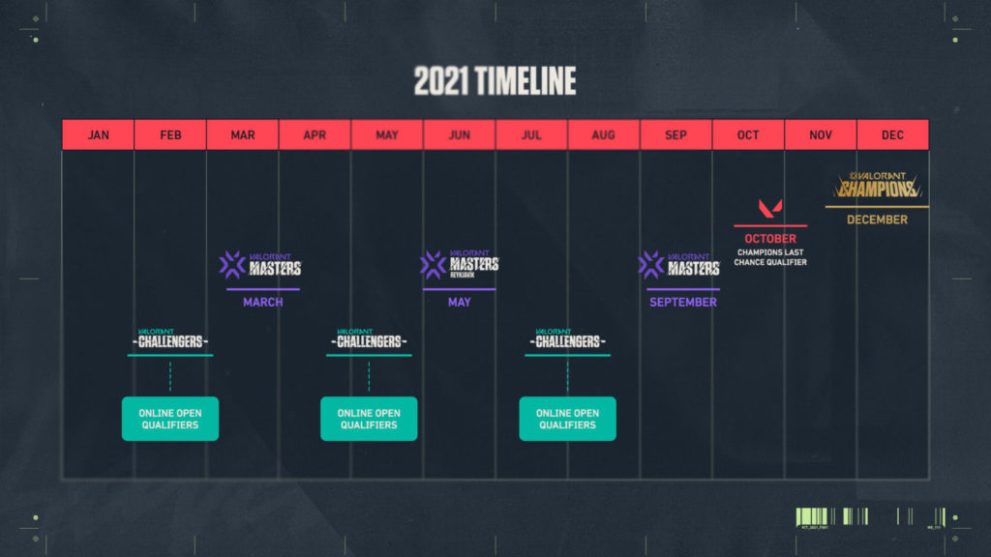Over 1 million people tuned into the grand final of Valorant Masters 2 over the weekend, the game’s very first international LAN event that has been the talk of its esports community for months now. The epic clash saw North America’s Sentinels take down Europe’s Fnatic and scoop themselves the lion’s share of $600,000, an impressive prize pool for what is only a single milestone in the build-up to Valorant Champions at the end of the year.
Sentinels’ performance throughout the competition was itself remarkable — the team went the entire tournament without dropping a single map and looked utterly dominant, proving their reputation as the world’s best team was well-founded. But as exciting and memorable as that was, it’s arguably Valorant and the future of its competitive scene that came out as the tournament’s biggest winner.

Taking on the likes of Counter-Strike: GO, Overwatch, and Rainbow Six Siege was always likely to prove a huge challenge for Riot Games, but the astonishing viewership numbers seen during Masters 2 suggest it’s well on the way to achieving that goal. Valorant is fast becoming much more than a young pretender snapping at the heels of its competition and is now making a case for itself as the next big esport.
Quite how we’ve gotten to this point so quickly feels partly the result of an aligning of the stars and partly just brilliant strategy on the part of Riot Games.
The steady decline of CS: GO in North America has certainly been a factor; the way in which Valorant puts a fresh spin on a familiar format was a huge focus of my review of the game last year, and it’s clearly proving a winning formula. I’m also certain that Valorant’s launch right in the middle of COVID-19 when so many were stuck at home looking for a new experience to sink their teeth into gave it a tremendous kick-start.
But I think undoubtedly the biggest reason for its quick rise to prominence is Riot’s swift and effective integration of its esports initiative, the likes of which is sure to become a case study for developers moving forward. Right from the off Riot has tied Valorant’s future as a video game to its competitive scene, and in doing so demonstrated the high value it places on nurturing the game’s core community along with casual players.
That particular notion isn’t necessarily groundbreaking in itself, but Riot’s gamble to invest so much into establishing it so quickly certainly is. The fact that a professional league of Valorant Champions Tour’s (VCT) scale began just six months after the game’s launch is quite unprecedented, and it’s certainly helped not only legitimize the game for hardcore players but invest what I assume is a large percentage of its player base in its ecosystem.

Of course, none of this would have mattered if Masters 2 didn’t feel like the apex of Riot’s esports effort. This was its first major LAN event, and it needed to impress as a spectacle and deliver on high production value, thrilling games, and interesting storylines. It didn’t disappoint. Masters 2 was immaculate in its presentation (technical pauses aside), and Riot’s various hype videos and in-game advertisements really helped to dial up anticipation for what proved to be a hugely exciting tournament, even without the crowds.
But beyond just a successful execution, the major takeaways were the various storylines and personalities that emerged from the event. From the excellent and somewhat unexpected performance of the East Asian teams, which paints a bright future for Valorant’s future as a global esport, to the emergence of various regional rivalries, Masters 2 has teed up plenty of drama for the next event this September in Berlin.
There’s a buzz around the game’s competitive community over on Reddit and Valorant’s various dedicated esports media outlets following Masters 2, but perhaps more importantly there’s one that can be felt in the game itself, too. I saw players in ranked games reference its big moments over the weekend, and I’ve had more than a few ask if I was following the matches on different occasions — hardly a very scientific analysis of its reach, but I think it’s still notable that the interest in Valorant esports can be felt beyond just the typical channels.
Perhaps it’s recency bias having just watched such a successful first Valorant LAN event, but it certainly seems as though Valorant is poised to make the major impression on the esports scene that Riot always intended. There’s a momentum to its rise in popularity, fueled by a perfect storm of its well-timed launch, a determined effort on the part its publisher, and its emergence just as content creators and social media influencers are helping to normalize professional gaming. It’s difficult to see how that doesn’t continue to snowball moving forward.
